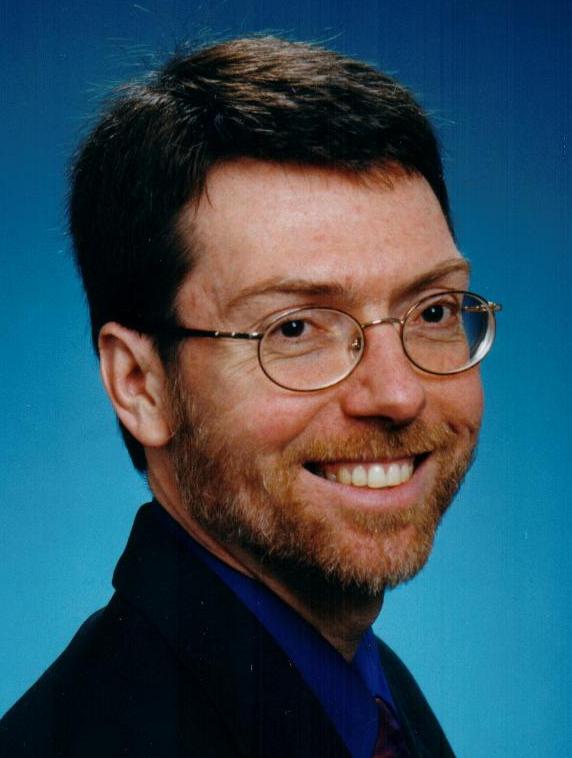
Before becoming a teacher, I worked in the health sector.
Actually, I worked in the information technology industry that supported the health sector. I had customers who were individual doctors, pharmacists, physiotherapists. I had customers who were medical centres, hospitals, pharmaceutical companies, professional organisations, insurance companies and government departments.
I don't pretend to be an expert on the healthcare industry but I did have a small window into how things worked and how people thought about their roles.
There are similarities between health and education. Health sector people hated you saying that health was like anything else. They were proud of being different (and important and complex).
I suspect that education people also have a sense of working in a sector that is different (and important and complex). But I have been a high school teacher for only three years and worked in only one school so I don't have a lot of data to work on.
In healthcare, it is hard to measure whether you are successful. Of course you can count how many of your patients died, but that is a very basic indicator. Even when using basic mortality statistics, there is debate about how to categorise the cause of death, particularly if there were multiple diseases.
At the individual level, I might be the specialist physician treating you for heart disease and you die from cancer. Is that a win or a loss on my personal measure of success?
Keeping people alive is one objective and there is debate about whether it is an overriding objective. Other stated aims of healthcare are curing illness, improving wellbeing and preventing diseases.
Measures of morbidity are much more difficult than measures of mortality. How well do you have to be before I declare you cured? Did I improve your health? How do I measure your level of wellbeing? How do I know whether my interventions made the difference? How sick were you before I started treating you?
Measuring success in healthcare is very difficult and very expensive. Most effort has gone into evaluating pharmaceutical products because that is where the money is. Even in this field, incorrect conclusions have been made and drugs have been withdrawn from the market.
Measuring success in teaching is even harder. What is the purpose of education? Do we want our students to be knowledgeable people or productive members of society or well-rounded individuals or happy?
Even if we can agree on the objective, how can we measure success? Perhaps I could count the number of my students who ended up in prison or who became millionaires. But how much did I influence the result? There were other teachers in my students' lives not to mention their parents, friends, coaches and society in general.
I turned my mind to this comparison of teaching and healthcare after coming across an older posting by TMAO "On Caring".
Educational leaders are selling the need to care more because it's all they got. There isn't anything else they can do. Because teaching is bereft of meaningful evaluatory tools, professional standards of competence, and anything approaching a system of accountability, the only way to bring about better results is by growing the level of caring. ... Caring is the mechanism that has replaced the formal requirements of competence that exist in nearly every profession, from law to roofing.
I have to agree with TMAO that the education business has come to rely on caring as a heart-warming theme. It motivates and sustains the team of workers that struggle for positive results in difficult working conditions. But this situation is not unique. Other activities in society have the same difficulty in measuring success and maintaining morale and healthcare is one.
An anonymous comment on the post on caring, made the healthcare link.
The tension between idealistic caring on the one hand and professionalism on the other may be similar for teachers as for nurses. ... For teaching as for nursing, emphasizing the idealistic aspects of the job quite likely contribute to selecting somewhat more for individuals who need to be needed and less for candidates who are highly ambitious and mastery-oriented.
Hopefully those of us who choose to teach are aiming for “mastery” in our teaching skills while building on a base of caring. But it's a tough gig. Like other “caring professions” we struggle with unclear objectives and very difficult measures of success.
Photo by Paul Schultz

